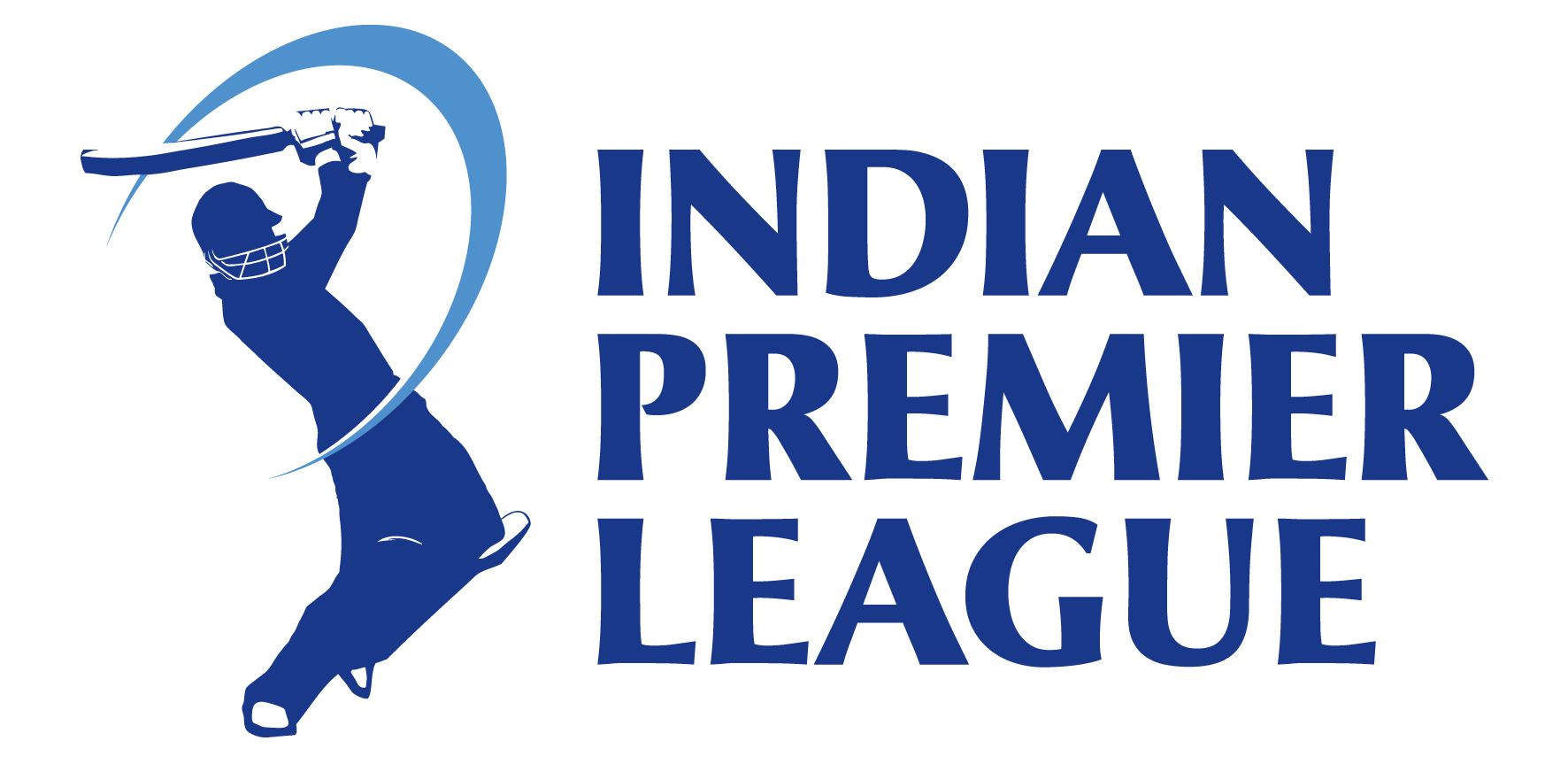I don’t know why I am writing this. I guess, I need to get it out of my system. So, at the end of it if you are still wondering why, apologies in advance.
In the last eight to nine months, there has been a massive increase in the number of people writing to me, seeking advice on different issues.
Recently, someone wrote to me, wanting to know, if doing a five-year integrated MBA from one of the IIMs, was a good option, if one did not get admission into an IIT that is. My answer was, I don’t know.
He persisted and asked, if spending Rs 30 lakh on an integrated five-year MBA from one of the IIMs, was really worth it? My answer was, I don’t know.
He persisted and asked, if getting a degree in business or economics made a difference if one wanted to become an entrepreneur. My answer again was, I don’t know.
He then thanked me for my suggestions.
Another gentleman had a degree in science and wanted to know if there was any course/internship/job that would help him learn finance. My answer was, I don’t know.
Over the months, I have got many such questions where people seek career advice from me. And honestly, I don’t know why they do this. I am not a career counsellor. My corporate career lasted all of five weeks.
And before that I more or less made a mess out of my education. My formal education is a BSc in Maths and Computer Science followed by an MBA in Information Systems. I lost interest in the MBA around half way through it, but didn’t have the guts to drop out, thinking of all the money that had been spent and the problems it would create for my parents.
So, I persisted and ended up getting a degree which has been largely useless since then. The only thing that I learnt in my MBA and which I still put to good use is how to calculate the internal rate of return on any investment. But one didn’t have to do an MBA just to learn that.
I have spent nearly two decades in trying to make up for this mistake, by making myself learn economics, personal finance and some part of the Income Tax Act, bit by bit, in an extremely unstructured way. (This also explains why I find it very difficult to answer questions like, which are the books I should read to learn economics).
All this unstructured learning could also happen because I lead a slightly unconventional life. I am single. I stay in a studio apartment. And I don’t spend much money on travelling.
Hence, I have been able to dedicate a lot of time to unstructured learning. This is not a formula that would work for most people, especially those who have EMIs to pay, and given that I don’t recommend it to anyone.
Also, the larger point here is, that I have a good understanding of things over a fairly limited area. I understand some fifth standard Maths and some part of India’s economy. I can tell you how to manage your money, on most days, but there are a few limitations to that as well. And that’s about it.
Beyond this, my knowledge is generally useless. I know a few things about Hindi cinema and its music, especially from the late 1980s to the mid 1990s. Like this morning I was discussing with someone, on how a famous Hindi film song of the mid 1970s composed by Laxmikant-Pyarelal, has a tune similar to a famous Sabri Brothers qawwali. But then I really don’t know who copied whom.
I can also give you a lot of gyan on modern crime fiction, especially Scandinavian crime fiction and in particular, the genre of the police procedural. Like I can tell you why the last book in Henning Mankell’s Kurt Wallander series just didn’t make much sense and it was written by a writer who was extremely bored by then. But then what use will this be to you?
Of course, I have written five books in the last decade and these books have sold reasonably well and put me in the public domain. I have appeared on TV (I don’t know why but this is equated to being successful in India. The day I first appeared on TV, one of my aunts just went over the moon. This was after nearly eight years of writing almost every day, first for a newspaper and then freelancing for websites, newspapers and magazines). I have lectured all across India. I have spoken across India’s best business schools.
So, there has been some limited success in my life. But then that does not mean that I have answers to all the questions. Let me give you an example.
A few years back a cousin who wanted to a PhD wanted me to tell her if she should do major in marketing or in economics. Now given that I have no experience of doing a PhD from an American university, I was in no position to answer the question. And I told her so. But she persisted and so I answered.
I told her that she should do a PhD in economics, given that if she had to spend five years on studying something, it rather be something important. Coming from me that should have been hardly surprising. The logic being, what was the point in studying marketing for five years and learning how to sell more things to more people.
Now this is not to say that marketing is just that, it clearly isn’t. It is a very important subject, which can make a lot of difference across various facets of life and it’s not just about selling more things to more people. But then that is the way I was thinking at that point of time, in trying to answer a question, I wasn’t qualified enough to do.
Thankfully, she did not listen to me, and chose to do a PhD in marketing.
The point being it is very important in life who you seek advice from. Wrong advice can prove to be very costly.
There is another dimension to advice, it is a very individual thing.
Around a decade back, an uncle of mine was after me to buy a house in Delhi. Delhi home prices in 2010 were at their peak and anything half decent in the city would have cost Rs 1.5-2 crore. I clearly did not have the capacity to take on a home loan that could have funded a home at that price and I told him so.
He persisted. If not Delhi, look at something in Greater Noida. I didn’t, for the simple reason, I had no plans of living in and around Delhi at that point of time (nor do I currently).
Now ten years later was this a good decision? Yes, if you consider the fact that so many projects in Greater Noida were never completed. The builders took the money and disappeared. Also, I continue living in Mumbai.
And no, if you consider the fact, that I still don’t own a home to live in.
At the end of the day, what advice one seeks and one takes, is a very individual thing.
Anyway, that was the rant. Now let me give you some advice on advice.
1) If you have to ask, ask pointed questions. Don’t ask stuff like, how do I learn finance? First figure out what does the word finance mean to you.
2) I think, the first point needs to be stated again. Ask pointed questions. Don’t ask stuff like, should I invest in bitcoins? The answer from my end will always be, I don’t know. Simply because I don’t know how you perceive risk, what kind of money you are in a position to lose and what is your current understanding of bitcoins (or any other investment avenue for that matter).
This is not to say that if you were to ask a question like this, people won’t give you an answer. Many people will. But come what may that would be wrong advice.
3) Before asking a question, please think, whether the person you are putting the question to, has the capability to answer that question. Just because he has seen some success in some aspect of life, doesn’t mean he has the answers to everything. Like a few months back, someone asked me, which laptop should I buy. I mean, thoda to dimag lagao yaar.
4) Don’t ask philosophical questions related to your career. You might get an answer but that answer will be wrong. This reminds me of a question someone asked me around a year back. How do I make decisions in my 20s that I don’t regret in my 40s? I almost fell laughing from the chair I was sitting on. Almost all decisions I made in my 20s, I regret in my 40s, expect for the fact that I started reading seriously only in my mid 20s and which is why there is a lot to catch up on.
5) Just because you and I have been brought up writing exams where every question has an answer, doesn’t mean life operates like that. Every question doesn’t have an answer, even though most people will happily give you one. If you are the kind who believes in the fact that every question has an answer then please seek out LinkedIn influencers, you are made for each other.
6) Oh, and finally, please Google. You will be surprised!
Bonus point: Don’t expect me to make a decision for you, simply because you are asking a question.



